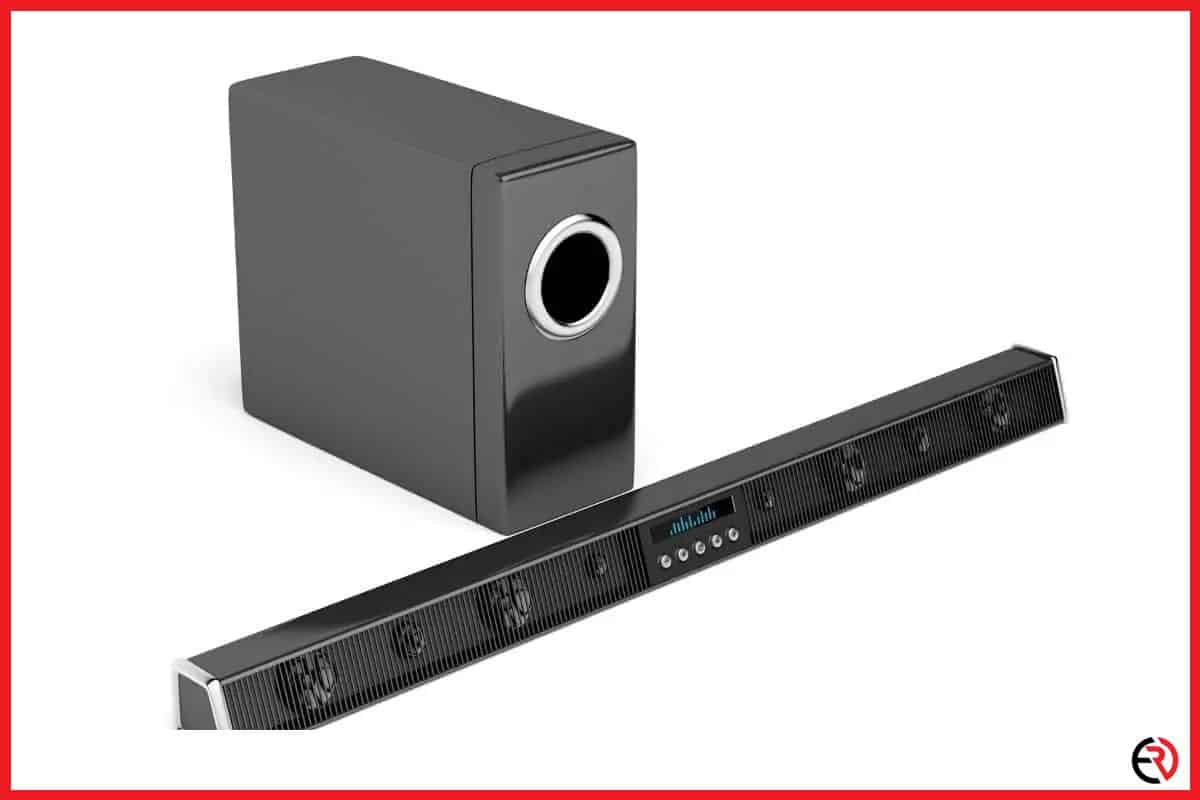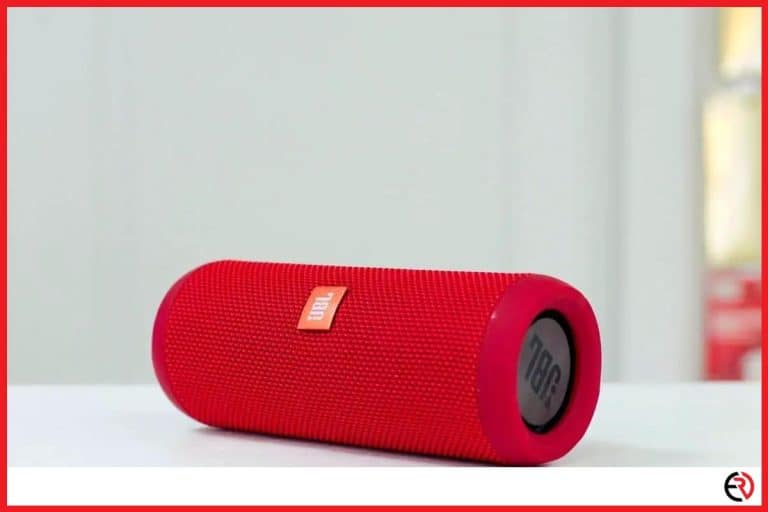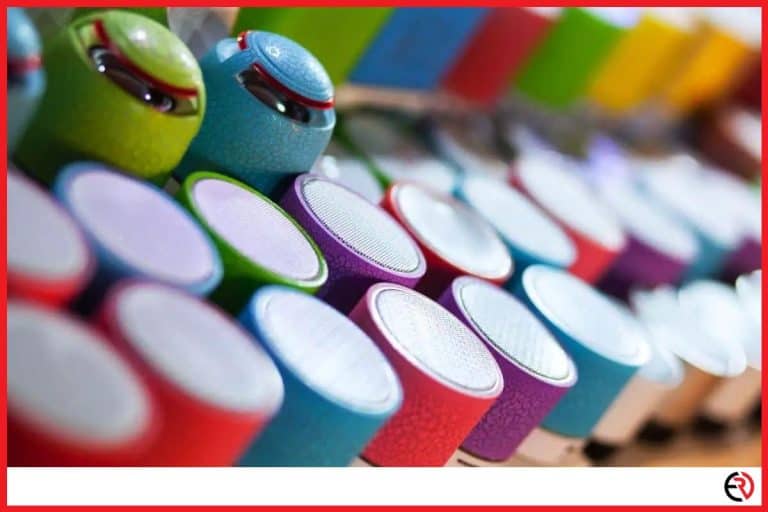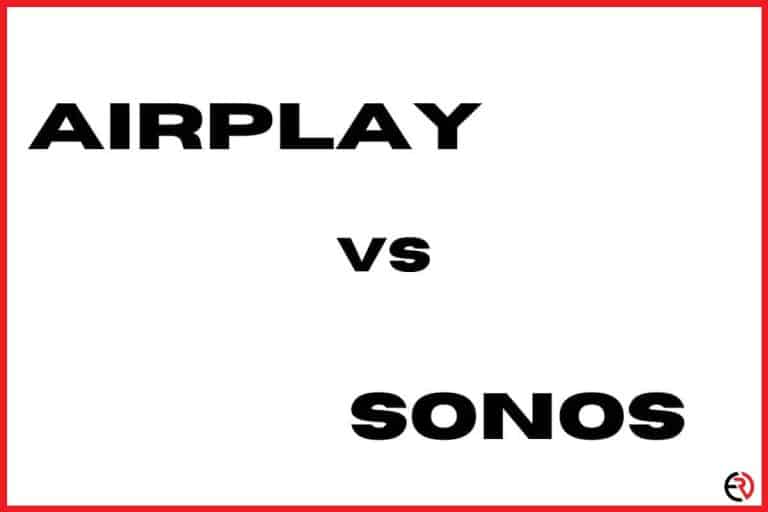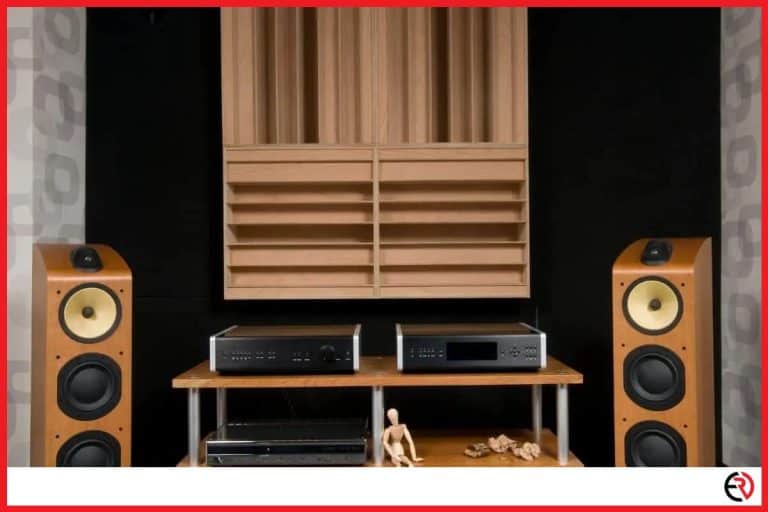Why Your Soundbar Keeps Cutting Out (And what to do about it)
This post may contain affiliate links which means that, if you choose to make a purchase, I may earn a small commission at no extra cost to you.
Since I set up my home audio setup with a surround sound soundbar, I’ve gotten rid of the excess cables, extra speakers and achieved a fairly clean and minimal look. While the audio quality may not be comparable to a dedicated home theater system, this works wonders for the budget. However, sometimes the soundbar keeps cutting out audio output and it ruins the immersive experience.
Your soundbar may cut out audio due to several reasons. It may be Bluetooth interference, old worn-out components, inadequate wire gauges, outdated software, and even poorly connected cables.
Fortunately, there’s a solution for those issues or at least a healthy compromise that doesn’t ruin your audio experience with constant interruptions.
Bluetooth Interference
Most wireless soundbars use Bluetooth or WiFi technology to connect to the TV or a receiver. Those that connect with WiFi come with their companion app and usually use the 5.0 GHz band so that the connection is smooth and seamless with minimal interference. On the other hand, soundbars that connect with Bluetooth have numerous disadvantages.
Bluetooth bandwidth is thousands of times less compared to WiFi and the range is also very limited. Moreover, you are surrounded by numerous smartphones and other smart devices equipped with Bluetooth. A lot of devices are competing for a small frequency range. These devices create interference for each other and that includes your Bluetooth soundbar.
If you’ve connected your soundbar to an audio source via Bluetooth, then it may keep cutting out due to congestion and interference. Thankfully, modern soundbars come with plenty of options for connecting to an audio source. They have an HDMI port, coaxial port, standard 3.5mm audio port, and more.
If your soundbar has one of those ports, try connecting it to your TV with a compatible cable and turn off Bluetooth. If your soundbar keeps cutting out due to Bluetooth interference, this should solve the issue. I had to do the same. However, it didn’t work for me. More on that later.
To minimize Bluetooth interference, you should remove other Bluetooth devices from the room. You can also turn them off or disable the Bluetooth connection on those devices if possible.
Your soundbar should also be very close to the audio source. For instance, if you’ve connected the soundbar to your smart tv via Bluetooth, make sure the soundbar sits at most a foot away from the Tv with no obstructions in between.
Outdated Software
Your soundbar may be cutting audio out due to outdated software. Turns out this was the problem I needed to deal with. The soundbar has numerous integrated speakers to provide you with stereo sound. If you have a soundbar that supports surround sound, it may also have extra satellite speakers. Your soundbar relies on pre-programmed software for streaming music as well as for establishing the connection to other devices.
If the software is outdated, your soundbar may have a hard time processing data while establishing connections or streaming music. Updating the software may fix the issue. However, each soundbar has custom software or firmware from the manufacturer and you may need to contact customer support to figure out how to run the update. I own the Samsung HW-Q90R and here’s how I updated it.
To update your Samsung HW-Q90R:
- Turn on the soundbar with the remote and make sure it is manually paired with the satellite speakers.
- After downloading the update file from Samsung, transfer it to the main directory of a USB flash drive. Make sure that the USB drive is formatted to FAT32 file format before you transfer the file.
- Plugin the flash drive in the “Service” port of the Soundbar.
- The speaker should show a LED sequence on one of the corners. The lights will display “UPDATE”, “BYE” and “ON” in that order three times and the soundbar will restart.
- After it turns on the Last Source will appear on the display for 20 seconds till it goes dim. This confirms that your Soundbar is updated.
- You can also connect your phone to the soundbar and update it with the Samsung SmartThings app.
Old or Worn-Out Components
While I didn’t have this problem, one of my friends did. He has a very old soundbar that used to work perfectly, but started cutting out a few months ago. Unfortunately, there is no fix for age. When you use an electronic device, its components start to wear out. It isn’t able to provide the stellar performance it used to or starts to malfunction.
The capacitors, resistors, circuitry, and other components in the soundbar start to burn out over time and you have to deal with connection drops, interruptions, or poor audio quality. My friend had to get his soundbar looked at by a service professional. Unfortunately, his soundbar was too old and the market didn’t have any replacements for the worn-out components. So he had the perfect excuse to buy a brand new soundbar.
However, in your case, you may be able to get replacement components. As long as the damage isn’t too severe and replacement parts are available you can get your soundbar fixed. It’s easier on the budget and helps to reduce waste.
Poorly Connected Cables/ Wire Gauge
If you have connected the soundbar to an audio source with a cable, you need to check the cable connection on both ends. Poor cable connection will cut out sound frequently and make for a poor experience. Make sure that the cables are making full contact with the ports.
Your soundbar may keep cutting out due to poor-quality cables as well. Cheap cables use thin wire gauges and that leads to poor power and signal delivery. Fix this issue by buying nice 16-gauge cables for your soundbar.
Conclusion
I hope this article was able to help you diagnose the cause for audio interruptions from your soundbar. The solutions to those problems are easy fixes and should get you back on the couch binge-watching your favorite shows with full audio immersion.

